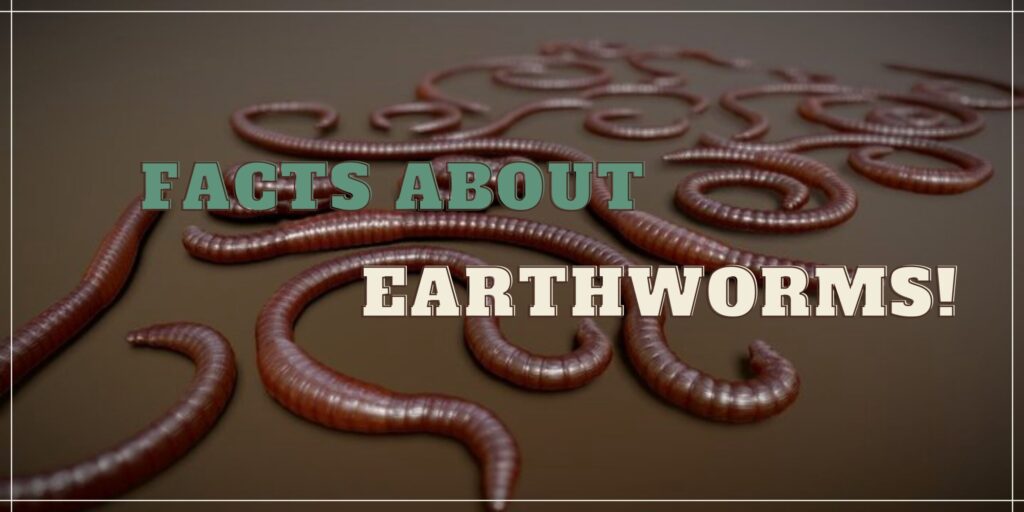Importance of earthworms in soil
The importance of earthworms in the soil and their impact on the overall ecosystem are elucidated in this article. An earthworm is an earthly invertebrate that may be found in soils all over the globe if soil, water, and temperature conditions are favourable. Earthworms eat a broad range of organic materials and can be found in soils worldwide. Earthworms have been nicknamed “ecosystem engineers” because of their ability to improve the health of an ecosystem.
Earthworms alter the structure of their habitats in a manner similar to that of human engineers. Diverse varieties of earthworms may dig tunnels in both horizontal and vertical directions, some of which can reach great depths in the soil. Oxygen and water may enter the soil through these tunnels, while carbon dioxide can exit the soil, allowing the earth to breathe. It is also crucial to note that earthworm castings, viz their faeces are present in soils and are accountable for a portion of the fine crumb structure found in soils.
Earthworms can be active at any time of year, although they are more likely to be inactive or dormant during periods of cold or hot and dry weather conditions. There is no need to import earthworms because they are frequently found in natural soil and will quickly establish themselves in new gardens or farmlands. The Importance of earthworms in soil involves mingling soil layers and integrating organic materials into the ground surface of the soil.
Because of this blending of soil and organic materials, Charles Darwin termed earthworms “nature’s ploughs” in his writings. Earthworms enable the organic materials to be spread throughout the soil, and the nutrients it contains to be available to bacteria, fungus, and plants; this mixing increases soil fertility. A few species of earthworms are nocturnal feeders, emerging at night to consume dead plant matter on the surface and bringing it into their tunnels. Compost piles, for example, are home to several earthworm species.
Even while earthworms may be found in nearly all soils, they are particularly uncommon in soils that are severely acidic or prone to waterlogging. The Importance of earthworms in soil entails the process ‘Decomposition’ in which earthworms break down dead organic matter. This is exactly what the earthworms in your compost bin are doing, and earthworms in soils are also decomposing organic materials in the same manner.
Decomposition releases nutrients locked up in dead plants and animals, allowing them to be used by live plants. Eating organic matter and breaking it down into smaller bits, earthworms help release nutrients by providing food for bacteria and fungus, which feed on the organic matter and break it down. The worm’s mouth is located in the first section. They eat soil while burrowing, obtaining nutrients from decaying organic debris like leaves and roots. Every day, an earthworm can consume up to a third of its own body weight.
Earthworms devour decomposing plant material and do not harm developing plants in the process of eating it. They have a vital role in the structure and fertility of the soil. Also, the Importance of earthworms in soil comprises bacteria and fungus benefits. Soil bacteria and fungus benefit from the presence of earthworms. When earthworms are present, bacterial and fungal populations increase and become more active. Bacteria and fungi are critical for releasing nutrients from organic materials and the subsequent availability of those nutrients to plants. Earthworms are also employed in Ayurvedic medicine to preserve total wellness.
Many other soil-dwelling species depend on them as a food source as well. In addition to serving as food for various species, including birds, rodents, and toads, earthworms are commonly utilised in household composting and bait for commercial and recreational fishing. Earthworm burrows improve soil porosity, increasing the quantity of air and water that may penetrate the ground. Because earthworms improve soil nutrient cycling, aeration, structure, plant development, infiltration, and water flow, they have a significant influence on our ecosystem.



